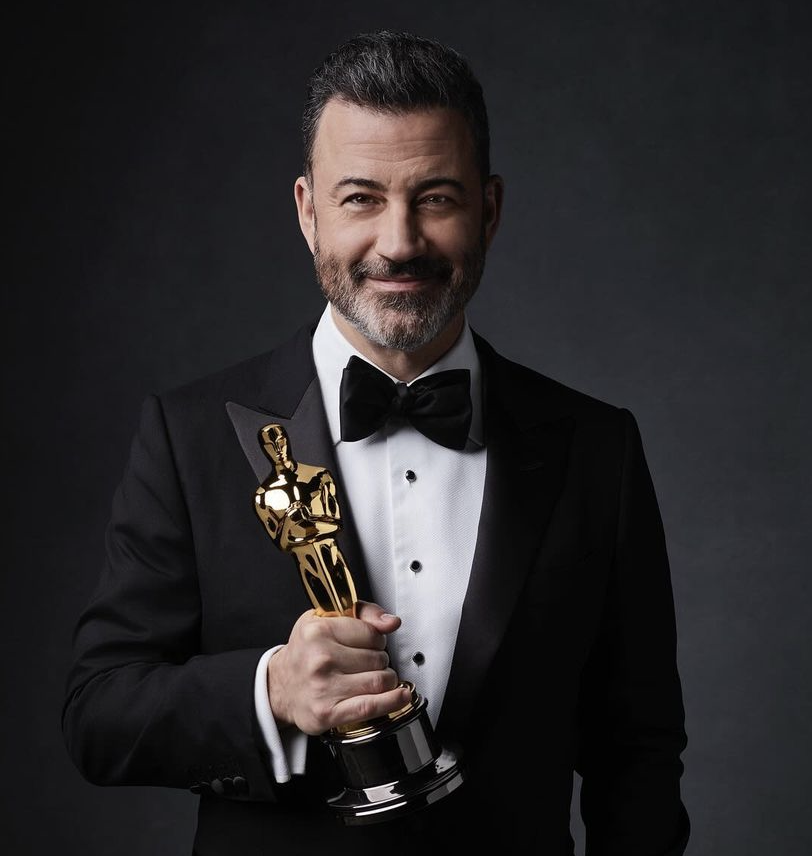Course selection is upon us and students know what to look for. Find the celebrity professors. Choose classes that meet in the afternoon but never on Fridays. And drop any that have too many reading, attendance or writing requirements.
For students willing to ignore the conventional wisdom, government professor Fr. James V. Schall, S.J., is one not to miss.
Many students have taken his “Elements in Political Theory” course. The class fills up at 100 students and, after two weeks, he knows almost every one of his students’ names. But that’s only the beginning.
Schall brings to life classics that many students might otherwise never read, or never read well. His teaching in the Socratic method, wandering the aisles of White Gravenor 201, leads students to help facilitate the class lecture, which are really just large group discussions on each text – Plato, the New Testament, Aristotle, Augustine, Aquinas, Machiavelli, Locke, Rosseau, Hobbes, Nietzsche and others frequently derided as “dead white men” in other departments.
There is something powerful about his method of teaching, but not in the sense that we have been trained to think. No grand lectures here.
Schall’s method sometimes keeps his students waiting in suspense, as he calls on anyone and everyone at random and by name to answer usually simple and straightforward questions about the texts. The point of the questions aren’t to scare students into doing the reading (though it probably does) or to prove that students already understand the text (because we probably don’t), but to show students how to get at seemingly large and overwhelming works by asking the right questions.
The emphasis of the course is not rote memorization or regurgitation, but on encouraging students to read and question so that we can learn how to order our lives.
In an age of instant gratification, of taking courses and forming our education for the most practical of purposes – getting a job chief among them – Plato and Aristotle (and Schall) offer valuable perspective on the meaning of our education.
There is nothing wrong with getting a good job, but what will we know once we have that job – that is what makes the course worth taking. Schall is a great teacher because he encourages students to read so that we might know how to look for meaning in our lives. In other words, how do things fit together? In a culture and a university often telling us that we can know nothing, Schall proves the opposite.
The professor makes the requirements of the course clear-cut and simple. Attend every class (including Fridays) and do the reading. Anyone who can’t do that probably shouldn’t take the class. Schall doesn’t just hit a switch to make the texts come to life – students must care about devoting time to learning.
For those unsatisfied with their education or those looking to study (and get something out of) great texts, “Elements” and Schall’s upper level elective (he teaches a different one every semester for four years) offer “another sort of learning,” the title of Schall’s book on education.
His book employs an amusing subtitle: “How to finally acquire an education while still in college or anywhere else, containing some belated advice about how to employ your leisure time when ultimate questions remain perplexing in spite of your highest earned academic degree, together with sundry book lists nowhere else in captivity to be found.” That fits well to the course, too.
When his courses conclude each May and December, there is the sense that something great has ended. Or just begun.
He stands at the center of the room, delivering a final message to his students, thanking them for their work, a hand raised almost as if offering a benediction. He notes that he will probably only see a small fraction of the students once they walk out of the class for the last time. But that is, as he says throughout the course, “the order of things.” (Except that many of those students return to his upper level courses).
As parting gifts, students receive copies of a short pamphlet, “A Student’s Guide to Liberal Learning.” The little booklet delivers a powerful counter-cultural critique of higher education. And the class, through reading but not preaching, serves only to reinforce his commentary on higher education: “We live in a time evidently when truth is fleeing the Academy.”
As a teacher, Schall is Georgetown’s Socrates. In his class, something different is around, to paraphrase his pamphlet. His teachings are worth a look, if we will only listen.
Nick Timiraos is a senior in the College and a former editor in chief of The Hoya. He can be reached at timiraosthehoya.com. Days on the Hilltop appears every Friday.







